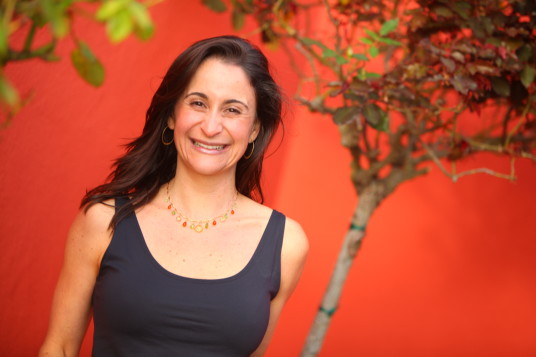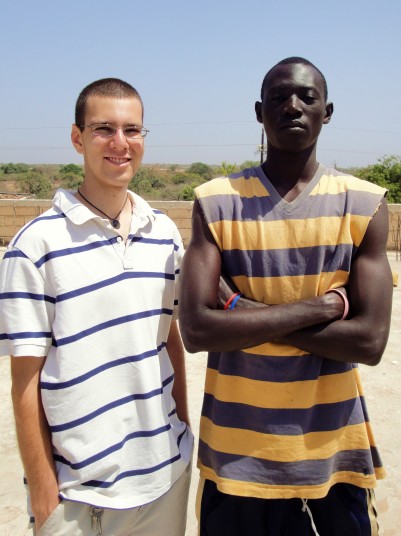Graduation season is here, but not all high school seniors are taking the direct route to college. In recent years, some 350 seniors have chosen to put higher education on hold for Global Citizen Year, which offers them year-long apprenticeships in Africa and Latin America.
Founder Abby Falik says for most kids in America, college needs to wait. She cites concerns about depression, anxiety, binge drinking and sexual assault among college students. “We’ve got to stop and ask ourselves: ‘What is it that is not yet fully formed in the young person? And is the freshman dorm on a college campus the place where we want to send young people to get an orientation to who they are and how to begin this next stage of life?'”

Each year, the nonprofit recruits and trains high school graduates to spend a “bridge year” in Ecuador, Brazil and Senegal. Global Citizen Year plans to expand to India in Fall 2015.
Gus Ruchman deferred Harvard University to spend 2010-2011 in Sangalkam, Senegal, where he worked at a health clinic. “It was very much from a desire to get out and learn in a very different way, so that I could learn how to be more connected with the many very, very complicated parts of this world.”
Ruchman is conversational in French and Wolof, and returned to Senegal twice since completing his apprenticeship. The Harvard senior got accepted to medical school, but will take another gap year to work at the offices of Ray Chambers, the U.N. Special Envoy for Financing the Health Millennium Development Goals and for Malaria.

International experiences like Ruchman’s have a reputation for attracting the well-to-do; Global Citizen Year’s tuition is $30,000. But Falik says her nonprofit welcomes all promising young leaders, regardless of their financial circumstances. She explains that just 20 percent of fellows pay full tuition; 80 percent receive some form of need-based financial aid and a third come from low-income backgrounds and receive full scholarships.
Sign up for our free newsletters
Subscribe to NPQ's newsletters to have our top stories delivered directly to your inbox.
By signing up, you agree to our privacy policy and terms of use, and to receive messages from NPQ and our partners.
Falik says the world needs new types of leader, and creating those leaders means immersing young people in communities that are not their own. “Those experiences can’t be about volunteering or tourism. They need to be humbling, they need to strip you down to your core, they need to force you to sit somewhere longer than you are comfortable. But they also need to be supportive in a way that helps you leave, not feeling pessimistic or jaded, but instead focusing on bright spots.”
DISCLOSURE: Tiny Spark and Global Citizen Year have both received grants from The William and Flora Hewlett Foundation.
Additional Resources
Gus Ruchman’s profile and blog on Global Citizen Year
Gus Ruchman’s trailer of his Senegal experience:
[youtube]https://www.youtube.com/watch?v=nIKwRr9zqMs[/youtube]













